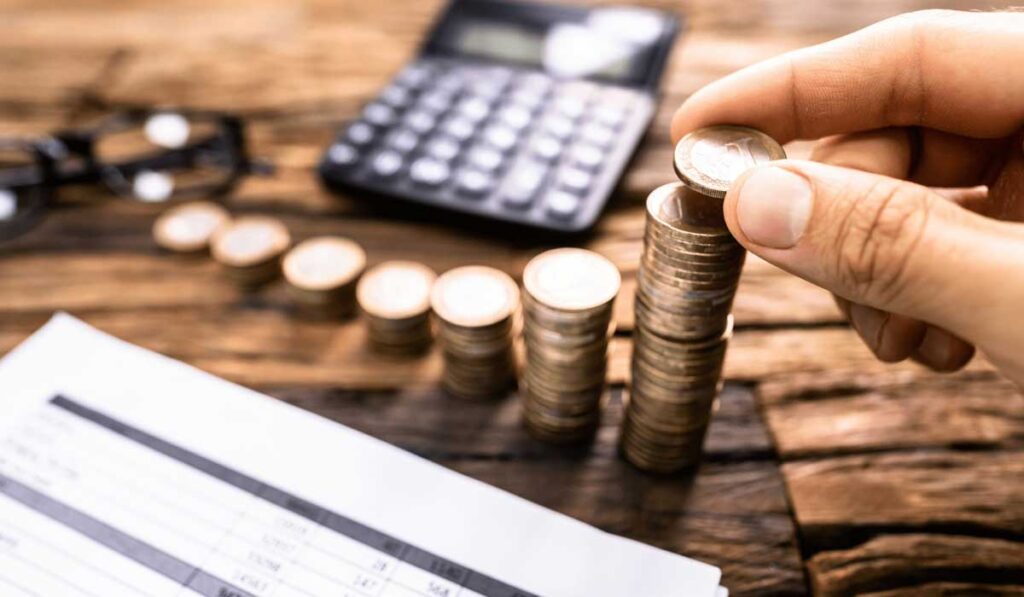Provisional Measure 1184/23 was published , which provides for income tax to be levied in advance on income from funds closed within the country, the so-called onshore funds.
Currently, the income tax rate on closed-end funds is 15%, levied only on the redemption of shares or amortization. The current form of taxation allows investors to postpone the taxation of gains until the time of redemption or amortization of quotas. This is an advantage, especially for funds whose strategy is to reinvest profits rather than redeem them. And the Federal Government estimates that closed-end funds, usually with family investments, have accumulated a little over R$750 billion.
The Provisional Measure determines that the tax will be levied and paid in advance twice a year, in May and November, regardless of redemption or amortization. This is the “come-cotas” system, which already applies to open-ended funds. For short-term funds (with a duration of less than 360 days), the rate will be 20%.
Objectively, closed-end funds will lose the competitive tax advantage they had over open-end funds, which are those sold by banks to their clients, as it is clear that the government is equating the taxation of closed-end and open-end funds.
If the MP is approved in its entirety, it will apply from January 1, 2024. The forecast, according to the Federal Government, is to increase revenue by approximately R$24 billion over the next 4 years. The government claims that the aim of the provisional measure is to make closed funds equal to open ones.
In the text of the Provisional Measure, there is the regulation of a transition phase, with the aim of regulating the taxation of the stock of profits accumulated by closed-end funds, which until then had not been taxed. The rule covers profits accumulated until 12/31/2023.
Taxpayers can choose to start paying income tax on this stock of profits as early as 2023. In this case, the rate will be 10% and the tax must be paid between December 2023 and May 2024.
If there is no option for early payment, the profits accumulated up to 31/12/2023 will be taxed at the normal rate of 15%, and the IR must be paid in cash by the last working day of May 2024, or in installments over 24 months, with the first installment due on the last working day of May 2024.
As a collection technique, income tax will be withheld if the amortization, redemption, sale of shares or distribution of income takes place before May or November, i.e. the anticipation of taxation.
In addition to taxing onshore funds, the Federal Government has submitted a bill to the Chamber of Deputies to tax financial investments held abroad by individuals through companies and funds known as offshores.
For more information on these and other topics of interest to you, please contact our team of experts.








